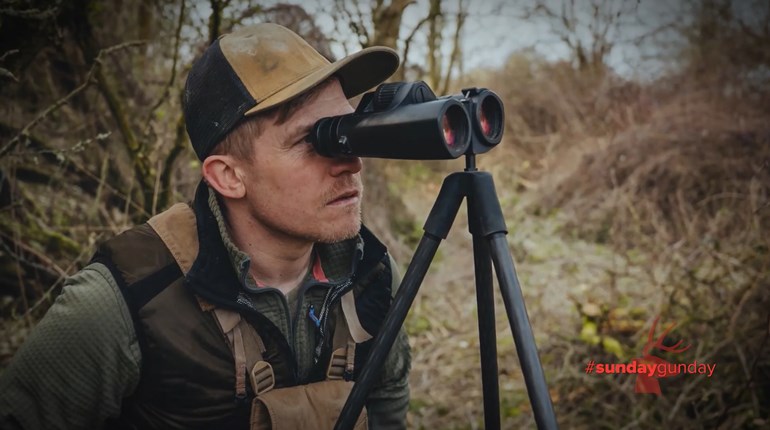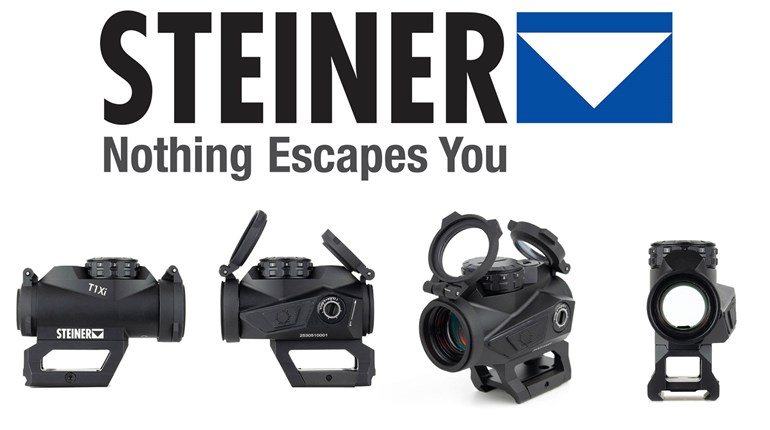
In 2018, American Outdoor Brands Corporation, parent company of Smith & Wesson, faced a shareholder resolution demanding a report “on the company’s activities related to gun-safety measures and mitigation of harm associated with gun products.” The resolution, put forth by a minority group of stockholders operating under a Canada-based social-justice activist group, forced the company’s board of directors to issue this report by Feb. 8, 2019. After a shareholder vote mandated that a report be compiled, AOBC complied and rolled out the company’s findings, now available at the AOBC website. In its discoveries, the company not only thoroughly fulfilled the requests contained within the resolution, it also reinforced clear truths long-known within the firearm industry, as well as the company’s commitment to the Second Amendment.
After the resolution’s submission, AOBC’s board of directors strongly recommended against the action, noting in particular that the conclusions drawn from such a report would not advance the cause of firearm safety, reduce gun violence or provide information the company’s stockholders didn’t already know. Therefore, the time and expense associated with producing such a report would be of no value to consumers and stockholders alike.
Based on the findings of the company’s Feb. 8, 2019 SEC filing, the report corroborates the initial recommendation from the company’s board of directors. The conclusions drawn through an independent media monitor and competitive-intelligence research firm reinforce long-known facts that are self-evident to even tangentially informed consumers and shareholders.
The resolution asked AOBC to report on three points. First, the company was required to provide proof that it had monitored violent events associated with firearms produced by Smith & Wesson. To address this component of the resolution, AOBC hired a firm to retroactively examine a 12-month period to determine if the reputation of AOBC was negatively impacted by its association to gun-related violence. The unsurprising conclusion of the research firm was that events of gun violence are not associated with any particular brand. Rather, consumers of AOBC products associate crimes with the criminals who commit violent acts rather than the tools used by those criminals.
Second, the resolution required AOBC to outline “efforts underway to research and produce safer guns and gun products.” Of course, this refers to the “smart-gun” concept, touted by gun-control groups as an answer to gun violence. However, the development of such a product is hampered by the fact that the technology and market demand required to support it is nonexistent. Backed by numerous studies, AOBC noted that the company’s long experience in the firearm industry clearly shows that reliable “smart guns” are neither mechanically possible nor commercially viable.
Finally, the activist resolution asked AOBC to assess the “corporate reputational and financial risks related to gun violence in the U.S.” In their response, AOBC executives clearly stated that the success and future growth of the company depended strongly on its commitment to the Second Amendment. To reinforce this self-evident fact, AOBC went above and beyond in its shareholder response by publishing its “Principles for Responsible Engagement.”
In addition to recognizing monumental Supreme Court decisions like District of Columbia v. Heller, the company reinforced its position as a manufacturer of firearms for lawful citizens, as well as the responsibility of its executives, shareholders, employees and consumers to protect and defend the Second Amendment. The First Principle adopted by the company states as follows, “The Second Amendment of the United States Constitution guarantees the right of private citizens to keep and bear arms. AOBC recognizes that its customers view the Company as a steward of this right and will act accordingly.”
As a final, pointed reminder to would-be activist shareholders whose agendas act against the interests of the company and consumers alike, directors and executives of AOBC restated its commitment to create and grow shareholder value. The path forward for AOBC and other companies in the outdoor industry is to steer away from technological, production and distribution decisions that act against the principles embodied in the Second Amendment. Rather, AOBC will focus on the production and distribution of guns that meet the demands of today’s firearm enthusiasts. In so doing, the company will continue to find success in the ever-widening consumer-firearm market.





































